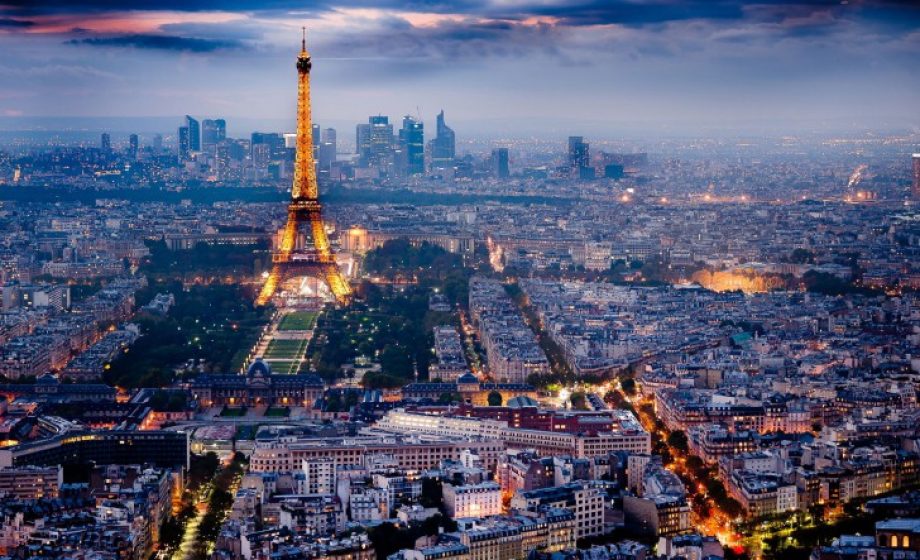
In this week’s Weekly Digest, I touched on a conversation topic that has been swirling around my head for a while. It seems that we have moved beyond the old “How can X become the next Silicon Valley?” question, and this is undoubtedly a good step. The question of how one should measure and shape the development of its own ecosystem remains important, and I believe that the question that should be asked is the same as that which startups ask themselves:
How can I be the best version of myself?
Now let me start by saying that I, as the cofounder of Rude Media, don’t care about the French startup ecosystem’s development, and I’m OK with that. Our mission is to report on what’s happening, and not to affect change inside of it – it happens that France is under-covered, so we exist. Rude Media as a whole does not base its success on the growth or evolution of France as a tech market.
There are those who will ask themselves questions about their ecosystem – government official, companies who are so dominantly involved in their market that their market’s growth is the best way for them to grow revenues, & individuals concerned with their own community – and it is to those people that this question is most important.
France will never be more “Silicon Valley” than the Silicon Valley, and, as I said above, this has more or less been accepted as fact in the general startup discourse. However, going beyond that, France needs to accept that it will never be more “China” more “Ireland” more “Luxembourg” or more “India” than any of those countries, so there is no point in trying. France can only be the most “France,” and there are many reasons to believe that it is not as “France” as it could be.
SEE: Does cheaper labor translate to a better startup ecosystem?
Visiting Israel last week, I was surprised to see how much of the ecosystem is rallied around the country’s natural strengths: cyber security, relationships with the US, military intelligence programs. I wouldn’t say it’s 100% efficient; however, the figures speak for themselves. The country is producing more companies, more venture capital money, more startup success per-capita (although scale is an issue – it’s only 8 Million people).
I think France needs to rely on its natural cultural strengths in order to optimize its success. This isn’t ‘sector’ focus – I’m not saying France should produce food startups – I’m saying that the cogs that turn to help any company grow should be oiled, and not slowed down trying to look like other cogs.
France has a very strong education system around design, hardware, and engineering – enabling more of these students to build companies is a great start, and it’s already happening. Providing hardware startups the ability to prototype and build their first 10,000 products efficiently and inside of France (industrialization is a time-sink made up of trips to China) would speed up scaling stages.
For any ecosystem, there is an upper limit, based on factors that are more or less out of anyone’s control: population, GDP, etc. Culturally, France has always been successful at optimizing what it has and minimizing what it’s bad at – see my theory on why French people are more attractive as a whole on Quora – so there’s no reason why this can’t be applied to the technology industry.
The future of technology is not centered around one city or region – it will be as spread out as the industrial sector was. Of course, with new innovations come new opportunities to reposition global leaders into new markets; however, on the whole, every market will play to its strengths. Germany is great at manufacturing, Dublin will be great for European HQs, Switzerland & Luxembourg will be good for secure storage (money, data, you name it) & France will excel at technology-driven creative implementations of ideas.
The question is: when do each of these markets get to that full efficiency? The answer: as soon as those responsible for the ecosystem stop resisting the natural flow of things, and start encouraging it.

